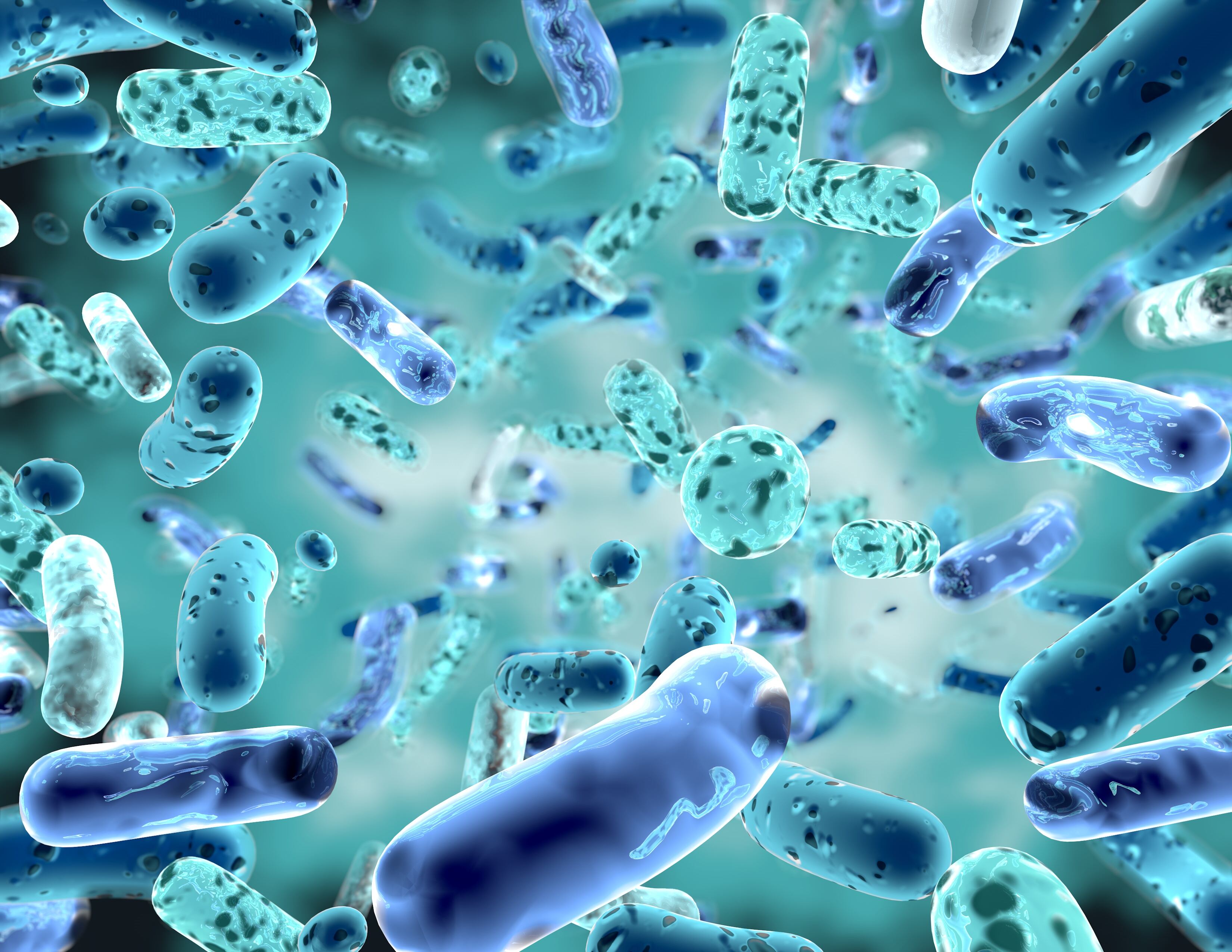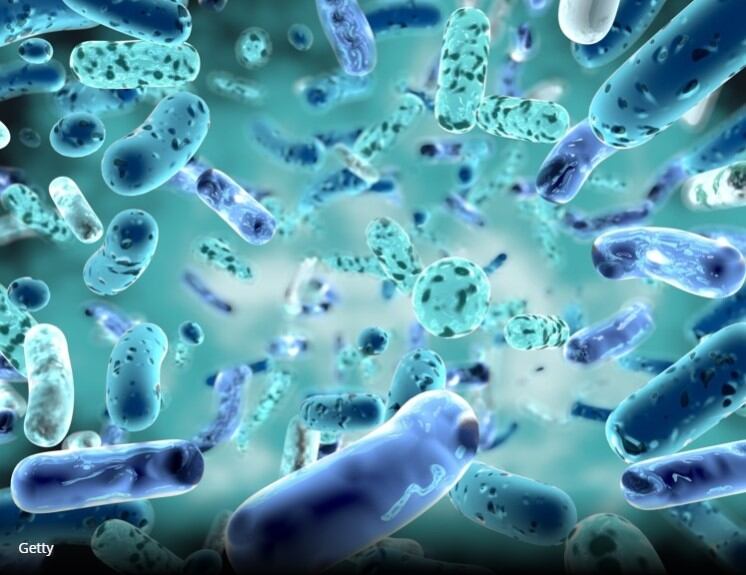Vitamin D plays an important role in early life, supporting bone metabolism and the healthy development of a baby's immune system. As such, most infants in North America are supplemented with vitamin D subsequent to recommendations that all breastfed infants receive 400 IU/day, an amount that is also present in commercial infant formulas. However, infant vitamin D supplementation during breastfeeding is not common practice in several European countries, including Italy and Spain.
In vivo research has summarised the impact of vitamin D on mammalian gut microbiota but only included evidence from two studies in human infants. Meanwhile, a newer human study has identified prenatal vitamin D supplementation as an important predictor of variance in gut microbial profiles of infants.
Now, researchers have shed light on the influence of vitamin D supplementation on a baby's developing gut microbiome thanks to a study from the CHILD Cohort Study - the largest multidisciplinary, population-based birth cohort study in Canada following nearly 3,500 children from before birth to adolescence with the goal of discovering the root causes of chronic diseases.
The study, published in Gut Microbes, found that vitamin D supplementation is associated with compositional changes in a baby's microbiome - notably a lower abundance of the bacteria Megamonas (a genus of Firmicutes bacteria classified within the class Negativicutes) at three months of age.
The researchers examined faecal samples taken during home visits from 1,157 infants. They found that direct vitamin D supplementation of infants with vitamin D drops was associated with a lower abundance of Megamonas, regardless of how a baby was fed (breastfed or formula fed).
"While little is known about Megamonas in infancy, our previous research suggests there may be a link between this bacterium and asthma or respiratory viral infections, so vitamin D may offer additional benefits for childhood health that should be studied further," explains senior author Anita Kozyrskyj, a professor in the Department of Pediatrics at the University of Alberta and a CHILD Cohort Study investigator.
The researchers also assessed the association between infant and maternal vitamin D supplementation and the presence of Clostridioides difficile (C. difficile) in a baby's gut.
"Some infants carry the diarrhea-causing bacterium C. difficile in their guts without any symptoms. However, when the levels of gut bacteria become imbalanced, this particular bacterium can multiply, causing illness and increasing the susceptibility to chronic disease later in childhood," commented first author Kelsea Drall, an MSc graduate from the U of A and an AllerGen trainee.
The study found that nearly 30% of the infants carried C. difficile, but there was a lower incidence of the bacterium among exclusively breastfed infants. However, neither infant supplementation with vitamin D drops nor maternal vitamin D supplementation during pregnancy or after delivery was associated with C. difficile colonisation. "Interestingly, maternal consumption of vitamin D-fortified milk was the only factor that reduced the likelihood of C. difficile colonisation in infants," added Drall.
According to Kozyrskyj, an infant's gut microbiota undergoes rapid change in early life. Therefore, it is critical to understand the factors associated with microbial communities populating the infant gut during this key developmental period.
"Low vitamin D levels have been associated with respiratory syncytial virus (RSV) - a common lung infection among infants - and more recently, susceptibility to COVID-19 disease," she pointed out. "In the CHILD Cohort Study, we have a unique opportunity to follow our study children as they get older to understand how microbial changes observed as a result of dietary interventions may be associated with later health outcomes such as asthma and viral infections."
Source: Gut Microbes
Kozyrskyj. A. L., et al
"Vitamin D supplementation in pregnancy and early infancy in relation to gut microbiota composition and C. difficile colonization: implications for viral respiratory infections"




